TEHRAN(Bazaar) – Professor Geoffrey Carliner, professor at Boston University says: The center of power will inevitably shift towards the Indo-Pacific region as China and india and their neighbors become richer and more powerful.
Following is the text of the interview:
Q: Some believe that the power shift in the world order has occurred from the West to the East and this situation has been stabilized. On the other hand, some believe that this new order is still in transition and has not been established. What is your assessment?
A: Power is shifting away from the West, but this transition has not stabilized. The US and its allies in Western Europe and East Asia are still far more powerful than China, India, and the other members of the expanded BRICS, but the power of the East is growing. The US and its allies have much larger economies, much larger military spending, and much more influence around the world than the BRICS, but the balance is shifting towards the BRICS.
Q: In your opinion, the new world order will have a polar aspect. In other words, will we witness intense and conflictual polarizations in this order?
A: The new world order will not be like the Cold War, with the US and its allies in one group and the Soviet Union and its allies very separate in another group. During the Cold War, there was almost no trade between the two sides, no flows of capital, and very little contact between people. In the new world order, there will be huge flows of goods and services and money between the West and the East, and large flows of people. Multinational corporations from China and India will invest in Europe and the US, and multinational corporations from the US, Europe, Japan, and South Korea will invest in the BRICS. Students from the BRICS will come to study in western universities, and some of them will stay. There will be more tension between the US and China than there has been in the past 30 years, but there will not be one group of countries aligned with the US and another aligned with China that have minimal relations with each other.
Moreover, the world will not become polarized into two camps, each following one leading country. China and India have serious disagreements. Iran and Saudi Arabia also disagree about many issues. Because of these conflicts of interest among BRICS countries, there will not be one camp tightly aligned with America and another tightly aligned with China and the other BRICS.
Q: What will be the effect of this new order on the regions? Will regional actors be able to maneuver more in this type of order?
A: Regional actors will probably have more freedom to pursue their own interests in the new world order. They will be better able to resist pressure from the US because they will be able to turn to China for support. For instance, Iran has been better able to survive US sanctions because it can sell oil to China and sell weapons to Russia. Saudi Arabia also has been better able to resist US pressure to lower oil prices because it can sell oil to China and cooperate on oil output with Russia.
Q: It seems that the center of attention in the new world order will be the Indo-Pacific region. Do you agree with this assessment?
A: Most of the world’s people live in South, East, and Southeast Asia. Most of the world’s output is produced in North America and Western Europe. But the economies of the world’s two largest countries by population, India and China, are growing faster than the economies of today’s rich countries. The center of power will inevitably shift towards the Indo-Pacific region as those countries and their neighbors become richer and more powerful.
Q: How will the competition between America and China be in the new world order? Competitive or hostile?
A: If the world is lucky, China and America will compete to develop the best electric cars and solar panels, the best medicines for curing disease, and the best semi-conductors to run computers. They will also compete to build highways, railroads, and airports for poor countries, and to help those countries pay for the education their children. If the world is unlucky, Chinese and American leaders will become increasingly hostile, raising the risk of war and diverting attention away from improving the lives of their own people and people in other countries.

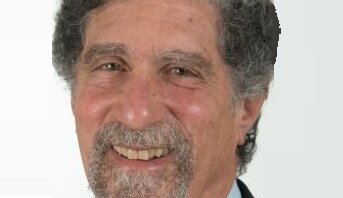




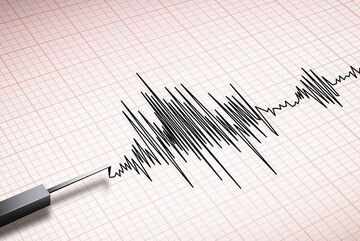
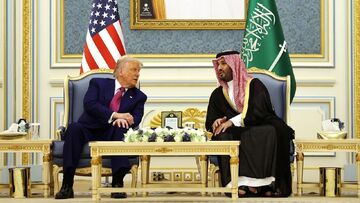
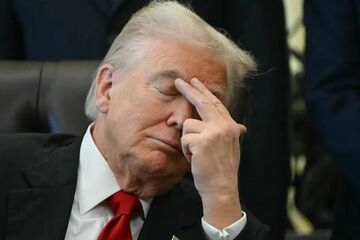

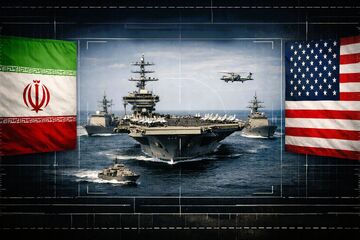
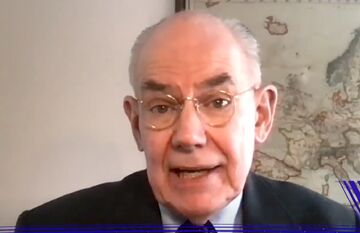
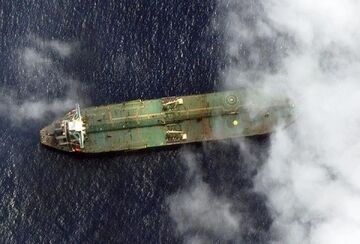
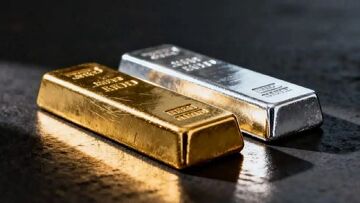
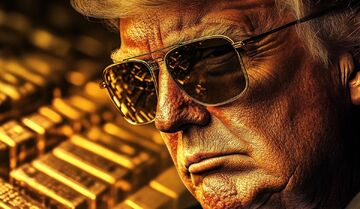
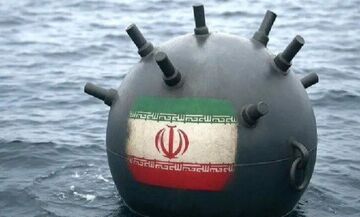
نظر شما